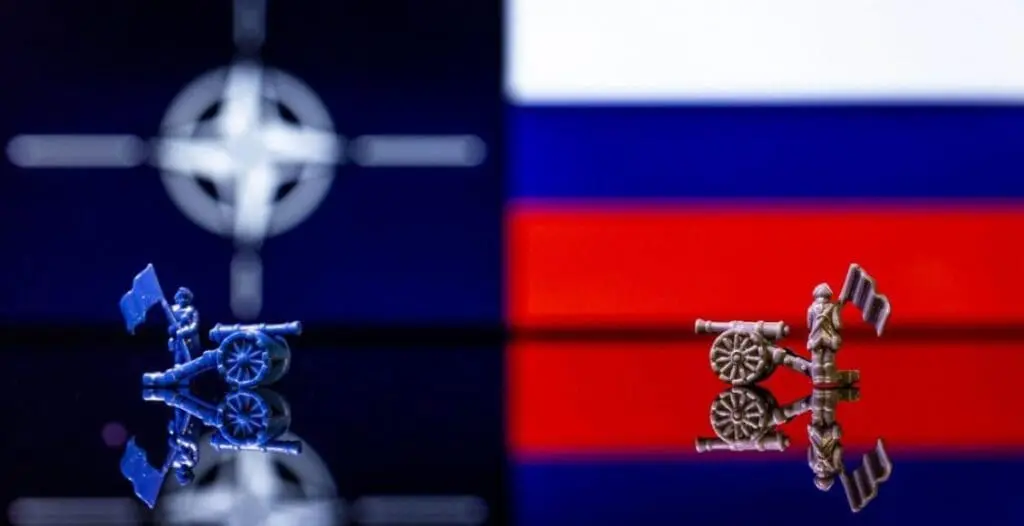NATO continues to have a military advantage over Russia, despite a rearmament of the latter under President Vladimir Putin, reveals a study commissioned by Greenpeace and published on Monday, according to DPA, Agerpres reports.
An analysis of the military capabilities of the North Atlantic Alliance and Russia “leaves no doubt about NATO’s overall military superiority. Only in terms of nuclear weapons are the two sides on par,” concluded Herbert Wulf and Christopher Steinmetz, the authors of the study.
The information in their study “does not justify the need for a further and permanent increase in military spending in Germany,” the authors wrote, adding that a “logical consequence” of a larger military budget would be to reduce spending on social services, education or climate protection measures.
For the study, Wulf and Steinmetz compared the military potential of NATO and Russia based on six central parameters, including military spending.
They found that NATO countries together currently spend ten times more on their armed forces than Russia ($1.19 trillion to $127 trillion). Even after eliminating US spending and taking into account purchasing power differences, NATO still has a significant advantage ($430 billion to $300 billion).
Russia lags behind NATO in many areas of armaments
NATO also has a significant advantage in major weapons systems, with members of the North Atlantic Alliance numbering a total of 5,406 fighter jets (including 2,073 in Europe), compared to Russia’s 1,026. Only when it comes to strategic bombers does Russia almost reach parity with the United States (129 to 140), the study found.
Russia lags behind NATO in many areas of armaments and is unlikely to be able to catch up in less than a decade, the authors say, adding that the Alliance also has a larger number of soldiers under arms, as well as a larger reserve resource.
NATO countries dominate the global arms market, accounting for over 70% of total sales.
“Rather than further rearmament, NATO’s existing conventional superiority should be an opportunity to prepare and launch arms control policy initiatives, at least in Europe,” the researchers say.
According to the authors, the first step should be to save the New START disarmament treaty, the only major nuclear arms control treaty remaining between the US and Russia.

